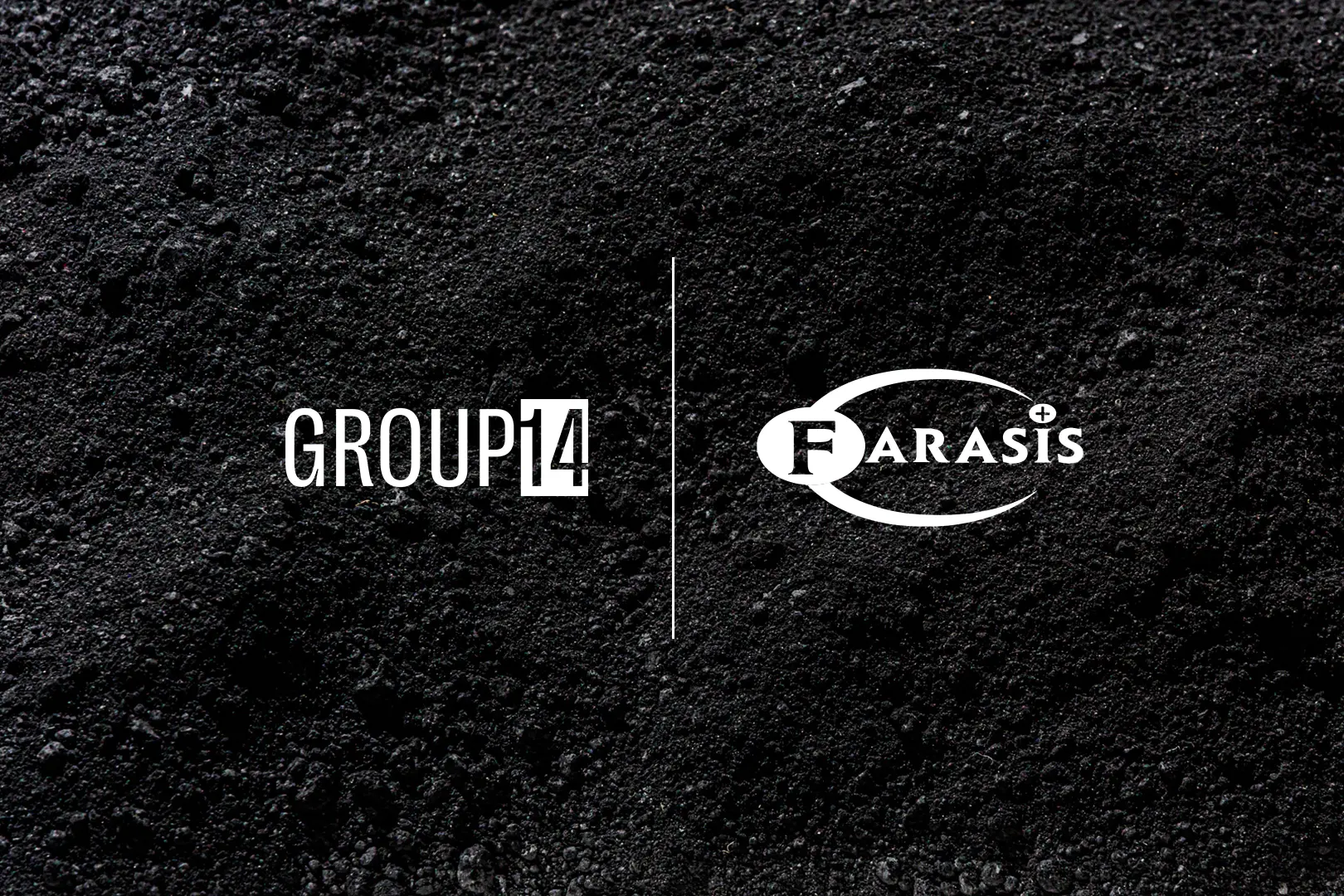HAYWARD, Calif. and WOODINVILLE, Wash., Oct. 07, 2021 — Farasis Energy, one of the world‘s leading manufacturers of lithium-ion pouch batteries, announced today a significant performance milestone for EV batteries featuring lithium-silicon technology developed by Group14 Technologies, a global manufacturer of advanced silicon-carbon anodes.
A leading developer of automotive EV batteries globally, Farasis already delivers the highest-performing lithium-ion batteries on the market and has notable partnerships with automotive OEMs Daimler and Geely.
In cells built and tested by Farasis utilizing Group14’s flagship silicon-carbon anode material SCC55®, the company has achieved an increase in energy density that would enable them to reach 330 Wh/kg in typical automotive cells with more than 1000 charge-discharge cycles. The battery EV cell will have a volumetric energy density of 750 Wh/l.
“Traditional BEV lithium-ion batteries using graphite for anode materials typically can approach 260 Wh/kg energy density, so this performance boost over traditional lithium-ion batteries represents a real breakthrough for EV applications,” said Dr. Keith Kepler, CTO of Farasis Energy.
Compared to typical automotive EV batteries on the market today with energy density in the range of 260 Wh/kg, a Farasis Energy automotive battery powered with SCC55® could increase EV range significantly without compromising cycle life standards set by high-quality graphites and synthetic graphites.
“These significant third-party results with Farasis demonstrate that SCC55® has the potential to meaningfully impact the performance of batteries for automotive applications,” said Dr. Rick Costantino, CTO of Group14 Technologies. “This is a significant milestone in our goal to enable EVs to achieve true cost-parity with internal combustion engines, and Group14 is ready to deliver our lithium-silicon battery technology manufactured in our commercial-scale Battery Active Materials (BAM) factory in Washington state.”
